The Economic and Financial Crimes Commission (EFCC) has urged a Federal High Court in Abuja not to grant the reliefs sought by Governor Babajide Sanwo-Olu of Lagos State in his fundamental rights enforcement suit, describing it as speculative.
In its counter affidavit opposing Sanwo-Olu’s originating summons, the EFCC argued before Justice Joyce Abdulmalik that the governor’s claims in the suit were speculative and unfounded.
Governor Sanwo-Olu, represented by his counsel Darlington Ozurumba, had filed the suit against the EFCC as the sole defendant, citing an alleged threat of arrest, detention, and prosecution following the conclusion of his tenure as governor.
The suit, marked FHC/ABJ/CS/773/2024, was filed on June 6, raising seven questions and seeking 11 reliefs.
Sanwo-Olu sought a declaration affirming that, under Section 37 of the 1999 Constitution, he is entitled to the right to private and family life, guaranteed before, during, and after his public service.
He further requested that the court declare any threat of investigation, arrest, or detention by the EFCC during his tenure illegal, citing Sections 35(1) & (4) and 41(1) of the constitution.
The governor argued that alleged harassment and politically motivated threats by the EFCC, influenced by his adversaries, amounted to an abuse of executive power.
Sanwo-Olu also sought an order restraining the EFCC from any form of harassment, arrest, detention, or prosecution linked to his tenure as governor.
However, in its counter affidavit dated October 30 and filed October 31, EFCC’s lawyer Hadiza Afegbua contended that the commission had not threatened, invited, or taken any action that could violate Sanwo-Olu’s rights to freedom of movement, private and family life, or personal liberty.
In the application, Ufuoma Ezire, a Superintendent and a Litigation Secretary in the Legal and Prosecution Department of EFCC, who deposed to the counter affidavit, averred that he was conversant with the facts of the case.
According to him, that I have the authority, consent and permission of the defendant to depose to this counter affidavit.
“That I have read and understood the plaintiff’s affidavit in support of the originating summons and I hereby state that the depositions in Paragraph 4, 5, 6, 7 and even 8 are not true and are calculated attempt to mislead the honourable court.
“That the depositions in paragraph 4 sub 4(iv), 4(v), 4(vi), 4(vii), 4(viii), 4(ix), 4(x), 4(xi), 4(xii), 4(xiv), 4(xvi), 4(vii), 4(xviii), 4(xix), 4(xx), 4(xxi) ,4(xxii), 4(xxiv) and 4(xxv) of the plaintiff’s affidavit are unfounded, untrue and unknown to the defendant and are hereby denied,” Ezire said.
The official said the commission was not investigating the governor and had never invited him or threatened to arrest any member of his staff, domestic or otherwise.
“That I know as a fact that the defendant invites members of the public for interview, interrogation or any engagement vide a written invitation, phone calls or text messages by any of its officers who shall introduce himself or herself by name, rank, designation, and Section to enable the invitee trace the officer easily.
“That no officer of the defendant could have invited the plaintiff or his aides without furnishing them with such detailed particulars of himself.
“That contrary to the depositions in paragraphs 5 of the plaintiff affidavit, the defendant did not intimidate, harass or threatened the plaintiff or subjected him to any trauma,” he said.
He said the agency was unaware of any threat to arrest Sanwo-Olu’s “aides, accusation of maladministration or diversion of Lagos State’s funds nor is it aware of any likelihood of a breach of the applicant’s right to liberty or right to own movable and immovable properties in this case.
“That the action of the plaintiff in this case is mere conjecture and speculations as there is no petition or any intel gathered before the defendant to warrant the men and officers of same to invite, threaten to
arrest the plaintiff at the moment.
“That the entirety of the dispositions contained in the plaintiffs’ affidavit are not true, as the application is misconceived and brought in bad faith to mislead this honourable court.
“That the defendant is not in a position to deny or confirm the depositions in paragraphs 4 and 4(iii) as the defendant is not a party to the conversation between deponent and the plaintiff.
“That it will be in the interest of justice to refuse the reliefs sought by the plaintiff,” Ezire added.

 2 days ago
1
2 days ago
1
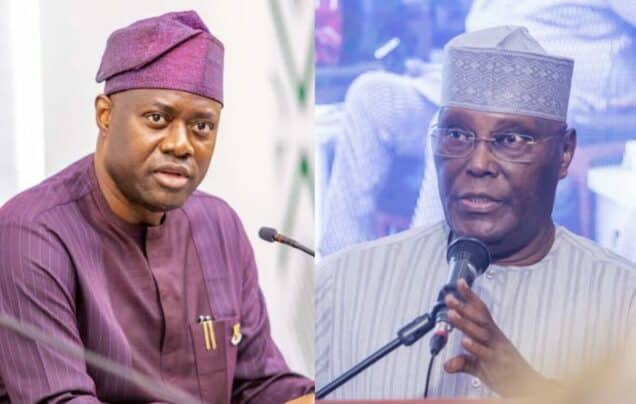
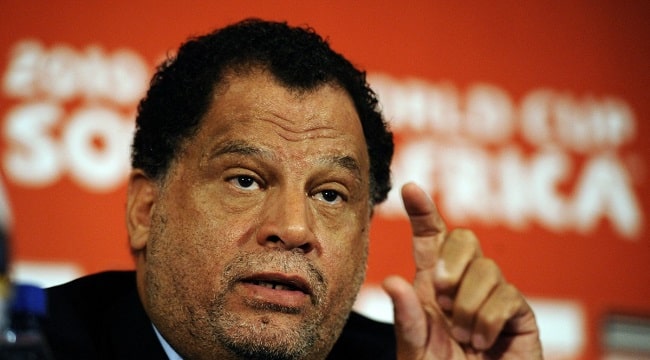
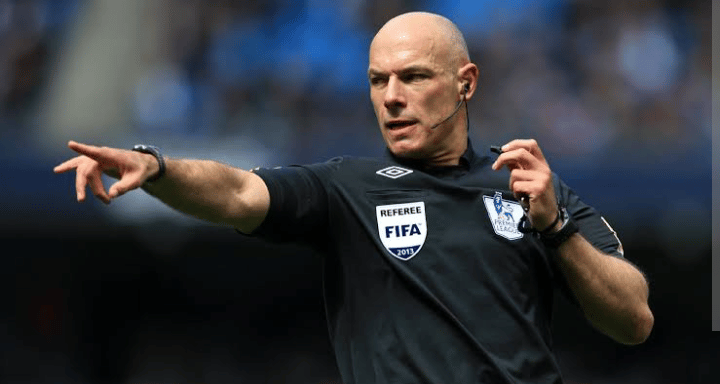





![Edo Deputy Gov Idahosa Meets Philip Shaibu [Photos]](https://www.naijanews.com/wp-content/uploads/2024/11/IMG-20241112-WA0078.jpg)

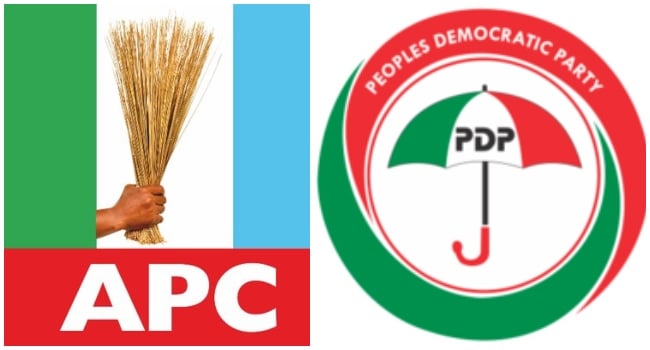


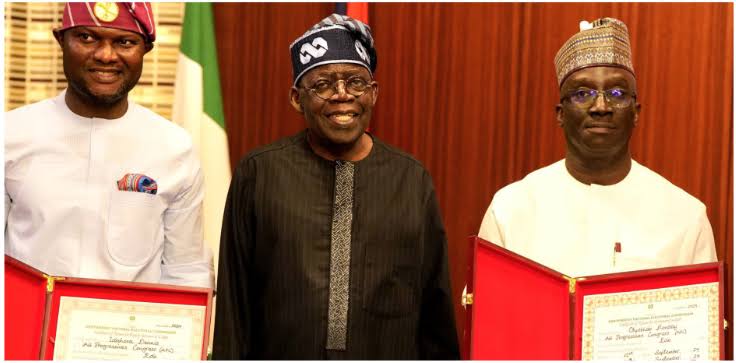

 English (US) ·
English (US) ·